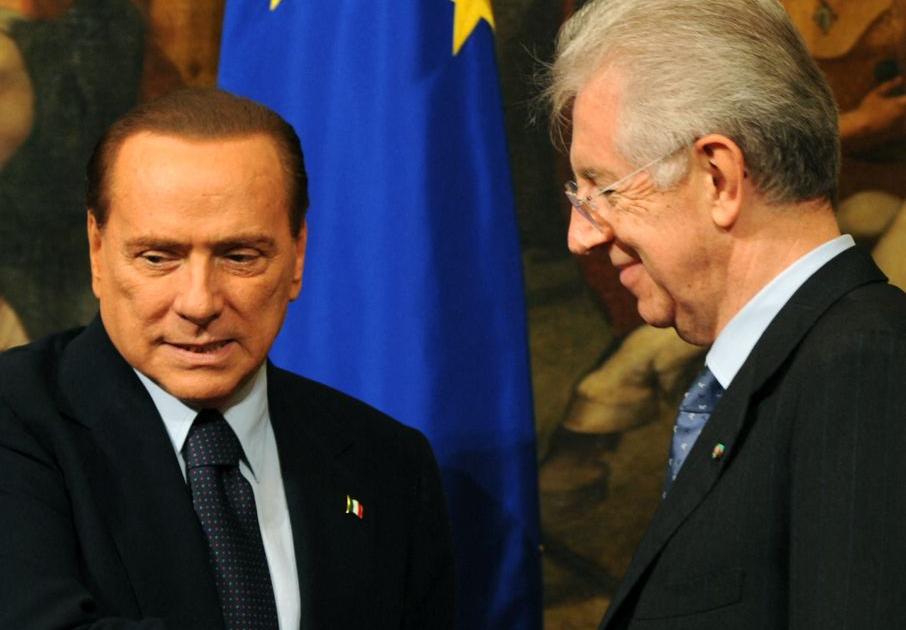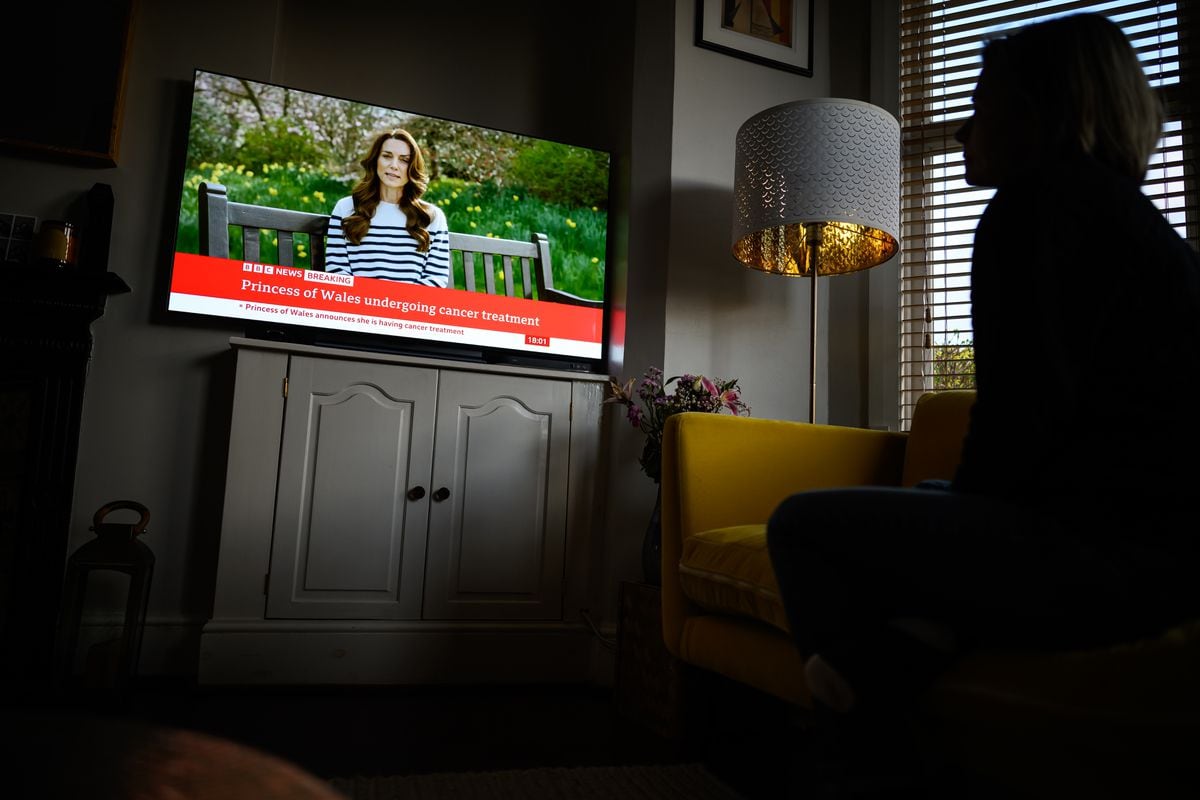The Prime Minister of the United Kingdom, Liz Truss, has been unable to resist pressure from her colleagues in the Conservative Party, who saw all their electoral expectations sink down the drain after the announcement of an unpopular tax cut.
The Minister of Economy, Kwasi Kwarteng, has been this Monday the one designated to go through the humiliation of communicating that he was reversing the most hated measure of all those that he had announced just a week ago: the abolition of the maximum rate of 45% of the Personal income tax for the highest incomes (taxpayers who earn more than 170,000 euros per year).
"It has become clear that the abolition of the 45% rate has become a distraction that disrupts our core mission of addressing the challenges facing the country," Kwarteng wrote in a statement posted early this morning on his Twitter account. Twitter.
“For this reason, I announce that we will no longer proceed with this suppression.
We have understood.
We have listened”, he assured.
The fiscal plans announced on September 23 by the minister - the largest tax cut in the last half century, valued at almost 50,000 million euros - sent the pound sterling and public debt bonds into free fall.
Investors doubted the sustainability of the United Kingdom's debt, which, like the rest of Europe, is experiencing extremely high inflation (9.9%), and is facing an accelerated rise in interest rates.
Only an emergency intervention by the Bank of England, which launched last Wednesday to buy long-term bonds “on whatever scale was necessary”, calmed investors' concerns.
But the panic was not just financial.
He was also a politician.
The latest
YouGov poll
, published by
The Times
newspaper , gave the Labor opposition a 33 percentage point lead over the Conservatives in a hypothetical general election.
Such a strong position on the British left has not been seen since the heyday of Tony Blair.
The unpopular decision to cut taxes on the rich, in the midst of a serious cost-of-living crisis that most Britons are suffering, had plummeted any trace of popularity in the Conservative Party, already badly damaged by the adventures of Boris Johnson.
Relevant figures of the formation, which this week celebrates its annual congress in the city of Birmingham, had demanded a rectification from Truss.
Part of the package of measures, which must be approved by Parliament, ran the risk of being rejected, with their vote against, by the rebel deputies.
Losing in a budget vote is equivalent, in British parliamentary custom, almost to suffering a vote of no confidence.
Up to fourteen Tory MPs had already suggested that they would reject the measure when it reached the House of Commons.
Michael Gove, one of the most astute conservative politicians and the one who receives the most attention from the media, told the BBC this Sunday that he would be one of those who would vote against it.
Truss herself also admitted that same day that she had been wrong in the way she announced her fiscal plans (without the support of an independent economic report, and without finishing specifying some of the measures).
The prime minister suggested, also on the BBC, that the idea of abolishing the maximum rate of 45% had not been hers but hers, her minister Kwarteng's.
And it was he, finally, who had to show his face first to try to save his boss's face.
Conservative MPs were very clear, however, that Kwarteng does not lift a finger on his own.
Minutes after her announcement of her reversal, Truss herself echoed her on her Twitter account of the minister's rectification, and made it her own, as she also wrote the escape formula: “We have understood.
We have listened.”
At the moment, the markets also seemed to hear the background tone of a rectification.
The pound has regained positions against the dollar on Monday, after a vertiginous previous week.
But the Truss government maintains many other of its fiscal plans, some as unpopular as the suppressed 45%, such as the idea of ending the existing cap on variable bonuses for performance of the
city 's top executives
, the financial heart of London.
And direct aid to households and businesses continues to be used to meet gas and electricity bills, which amount to more than 150,000 million euros.
Truss has begun to patch the political hole caused by the first measures of his government, but he still has to convince the markets that he will also put a solution to the economic hole.
On October 14, the Bank of England will cease its intervention in the purchase of public debt.
It will be then when the credibility of the new Executive will be put to the test.
The roller coaster ride of Truss's first few weeks at Downing Street has been a humbling bath for a politician who exhibited the doctrinaire fanaticism of the convert.
Until the last minute, the prime minister has insisted that the United Kingdom needed shock therapy to get out of the lethargy in which it had been plunged for a decade, and that she would not back down on her plans.
Truss and Kwarteng revived the outdated doctrine of the Reagan and Thatcher era according to which lower taxes, less public spending and less state intervention in the economy were the recipes for generating growth and for the crumbs to be distributed throughout society.
The idea of returning to an era of austerity and approving measures as obscene as the proposals has provoked the rejection of the conservatives themselves.
Truss has experienced in her own flesh,
Follow all the international information on
and
, or in
our weekly newsletter
.

/cloudfront-eu-central-1.images.arcpublishing.com/prisa/A2XZFCSVCCD3NEX4OUGXKDTXOE.jpg)
/cloudfront-eu-central-1.images.arcpublishing.com/prisa/RLVRE36BJ333YNEQ2LG6XMIQSY.jpg)












